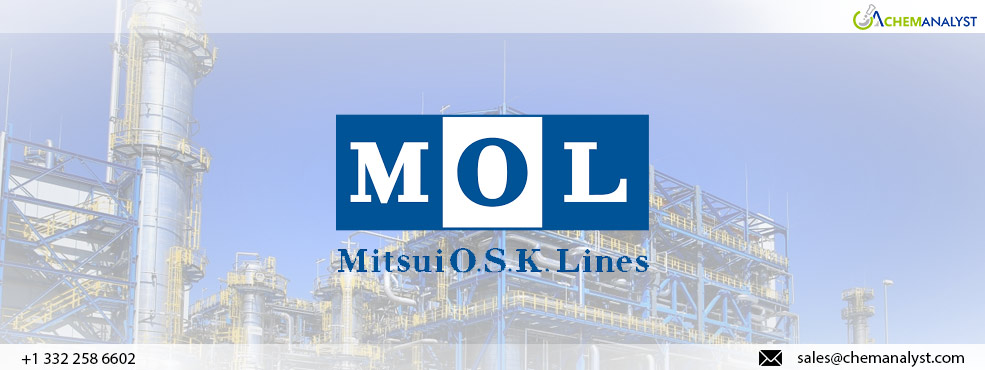Welcome To ChemAnalyst

MOL has officially inaugurated its EUR 1.3 billion polyol complex in Tiszaújváros, with an annual capacity of approximately 200,000 tonnes of polyol. The event, featuring addresses from Hungarian Prime Minister Viktor Orbán, MOL's Chairman-CEO Zsolt Hernádi, and thyssenkrupp Board member Ilse Henne, marks a significant milestone for the company. MOL Group holds a unique position as the sole entity in Hungary and Central and Eastern Europe capable of overseeing the entire value chain, from petroleum processing to polyol production, a key raw material in plastics manufacturing.
In Tiszaújváros, MOL Group hosted an inauguration event to mark the culmination of its most substantial organic investment, the polyol complex. The licensing agreement between MOL, thyssenkrupp, and Evonik IP was signed in the summer of 2017, and construction commenced with the laying of the foundation stone in September 2019.
Between 2019 and 2020, the primary units were conveyed to Tiszaújváros, predominantly via water transport, followed by the finalization of the hydrogen peroxide, propylene oxide, polyol, and propylene glycol facilities within the complex. Alongside these four principal plants, supplementary installations including a pilot polyol plant, a quality assurance laboratory, and a Research and Development Center in Százhalombatta were also constructed.
The project engaged a multinational team of thousands of experts, with engineering design tasks distributed across Germany, Thailand, India, and Hungary. Equipment for the plant was sourced from 24 different countries. Construction of the complex entailed the use of 75,000 cubic meters of concrete, 13,000 tonnes of steel, 2,500 kilometers of cable, and the installation of 700 kilometers of pipelines, amounting to over 18 million working hours. The Hungarian government provided €131.5 million in support for the project, comprising a €93.6 million corporate tax credit, which will be claimable upon the investment's operational phase, and a €37.9 million investment grant sanctioned through an individual government decision.
Polyol stands as a highly coveted raw material in the realm of plastics, finding applications across diverse industries such as automotive manufacturing, textile production, and insulation. Serving as the precursor to polyurethane, polyol forms the foundational material for numerous durable consumer goods encountered in everyday life.
The Tiszaújváros facility will manufacture polyol utilizing state-of-the-art, highly efficient, and eco-friendly methods. MOL's projections suggest that the plant will yield nearly EUR 150 million annually in financial returns for the MOL Group and will sustain long-term employment opportunities for nearly 300 individuals.
For almost a decade, MOL Group has been fortifying its chemical sector. The construction of the new butadiene extraction plant in 2015, requiring a HUF 35 billion investment, was followed by the establishment of the synthetic rubber (S-SBR) plant in 2018, involving a HUF 100 billion investment. In 2016, the company announced a significant strategic pivot to adapt to the energy transition and the post-fossil fuel era by diversifying its portfolio. As part of the third and most substantial phase of investment in the petrochemicals division, alongside the polyol complex, the polypropylene plant takes center stage, representing a HUF 65 billion investment. Additionally, nearly EUR 2 billion in life cycle investments have been earmarked to ensure the long-term sustainability of the chemicals business.
We use cookies to deliver the best possible experience on our website. To learn more, visit our Privacy Policy. By continuing to use this site or by closing this box, you consent to our use of cookies. More info.
